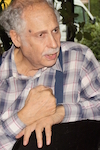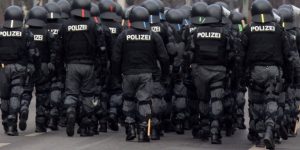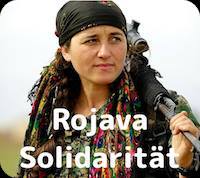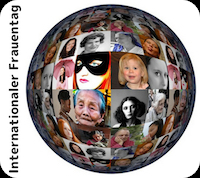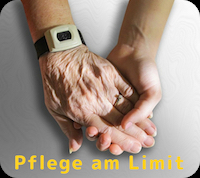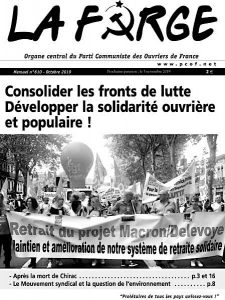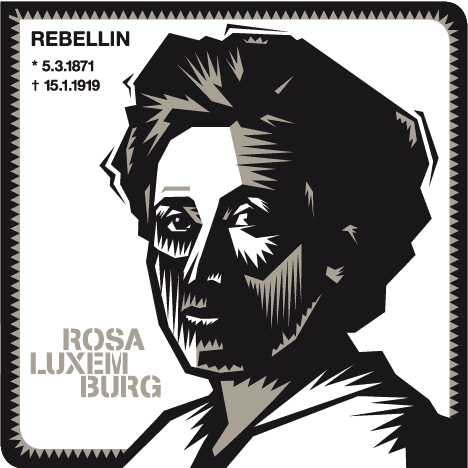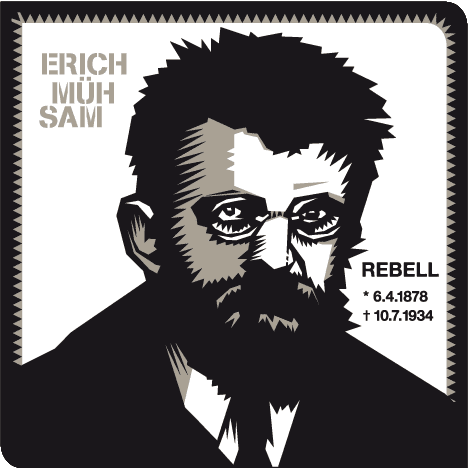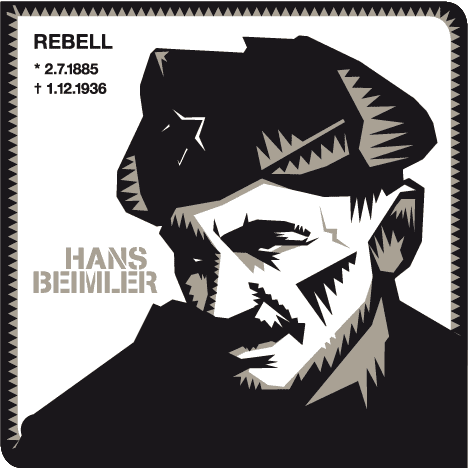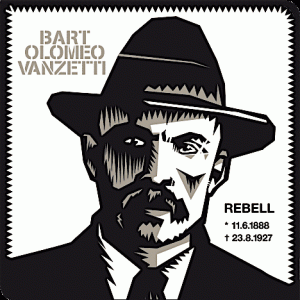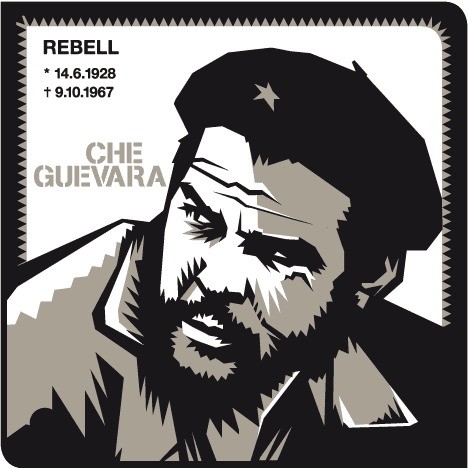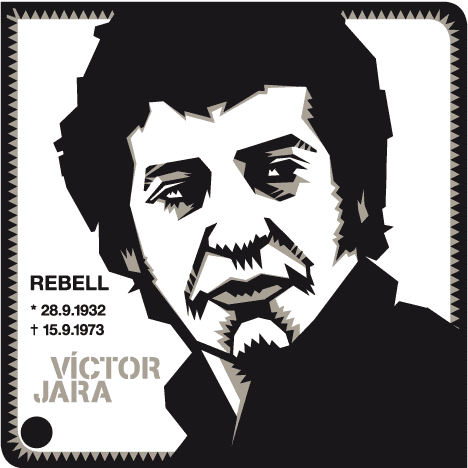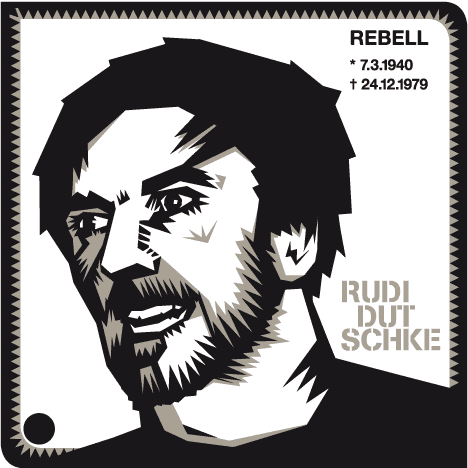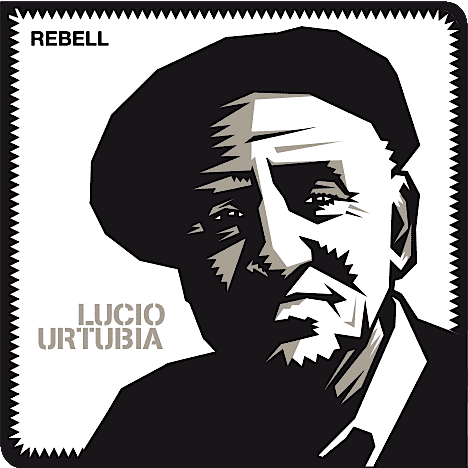There has been more than enough collusion at higher levels. Hans-Georg Maassen, head of the Office for the Protection of the Constitution (BfV) – like the FBI – first denied accusations that he had met several times with Frauke Petry when she was AfD leader to advise her about winning more popularity. He was then forced to shamefacedly admit “the possibility” of having met her but denied giving advice, saying that he „regularly meets“ with parties to discuss threats to politicians and their parties and this was “guaranteed by the government and conducted in confidentiality”. Now, after Chemnitz, he has asserted that videos showing goons chasing foreigners were fakes, while using the word “murder” in describing the stabbing which set off the events in Chemnitz – before any trial has been held (most likely not for murder but for “manslaughter”). This went too far, even for Merkel.
Germany’s Interior Minister, Horst Seehofer, now in a desperate fight to retain power for his Christian Social Union party in Bavaria in the October 14th elections, backed him up in understanding the Chemnitz rioters. For him, perhaps, there were “good people on both sides”.
But then, like a ray of sunshine, came truly good news! Quickly reacting to the mob take-over, anti-fascist groups organized an open-air concert in Chemnitz with seven rock bands. Their slogan was “Wir sind mehr!” – “We are more” (or “We’re the majority”) and while six to eight thousand fascists from all over Germany had raged through town on Monday August 27th, very different crowds now poured in the following Monday, also from all over Germany: estimates ranged from 50,000 to 65,000! Mostly young people, they enjoyed their kind of music – which, that evening, bore a clear, sharp, anti-fascist message. While right-wing media sniffed that one of the bands was very far-left radical, even President Frank-Walter Steinmeier sent his blessing to this big boost for all those opposing the Nazi menace. Lines were being drawn in Germany!
That was on September 3rd. One day later it was followed by another key event, the long-awaited launching of a new “collective movement” – “Aufstehen” (Stand up, or Rise up! – and pronounced Owf-shtain). It is led most prominently by Sahra Wagenknecht, co-chair of the LINKE (Left) caucus in the Bundestag, and her husband Oskar Lafontaine, once a top Social Democrat in West Germany, then a co-founder of the united East-West LINKE party.
At the press conference Wagenknecht explained: “Aufstehen – neither a party nor an alliance of parties – is rather a kind of loose association in which anyone can join in.” No-one need quit a party they belong to, just sign up, no dues, and you can tell us what you think (via Polis, an electronic system “for open ended feedback and participatory democracy”). About 110,000 have already signed up, she stated. “The aim of the movement, basically, is to encourage members of left-of-center parties to push them into more action, but also to impel voters who have turned away from the classical parties to fight for their rights… Many people are tired. They expect more from the parties. Those now fighting for a different political course are too few in number to win out. That is why we need You to join us if you share our goals!”
Supporters of Aufstehen point out that the Social Democratic Party has largely abandoned its close participation in the struggles of the labor movement and the fight to preserve world peace, especially in the past twenty years, often as part of the government. This had cost it eight million voters.
Most of these, dissatisfied by stagnant and worsening conditions for working people and worried about the future, either refrained from voting or fell for the siren voices of the AfD, including their anti-immigrant ranting. Relatively few moved to the LINKE party, now all too stable at 9-11% in the polls. Especially in eastern Germany where, once much stronger, it had often joined in state coalition governments, and many now saw it as “part of the establishment”, one of the “same old parties”.
As for the Green party, although currently gaining in the polls, it has been lampooned by a one-time founder and party leader, who is now joining Aufstehen, as “being no longer interested in fighting structural poverty” but rather in making life better for its well-to-do membership and going along with the military adventurism of the government. It had even tempered its environmentalism.
“Politics has governed over the heads of the people”, Wagenknecht claimed. “At the very latest the events in Chemnitz have clearly shown that things cannot continue in the same old way and that we urgently need a new political departure…. Not all of those who took part in the right-wing marches in Saxony are Nazis…I am sick of leaving the streets to PEGIDA and the rightists… I want to weaken the AfD by speaking about what is really moving people… The dissatisfaction has become so strong not primarily because of the refugee question but because society is falling apart, because of the worsening of economic conditions … That means opening the doors to voters who moved to the AfD out of desperation. But not to the hard core Nazis with their Hitler salutes.”
This question is a main cause of dispute in the LINKE. Some claim that Aufstehen goes too far in down-playing the racist anti-immigrant, anti-foreigner aspects of the rightist increase with its attraction of confused or misled voters. They say Sahra Wagenknecht or Lafontaine should have gone to Chemnitz. Of course, this could apply to innumerable other leaders, but perhaps it hurts more in this case. She stresses the guilt of western nations, like Germany, in causing mass migration, and the need to end exploitation and weapons sales. But questions and debates on left-wing attitudes toward immigrants, refugees and borders will hardly be avoidable if and when Aufstehen grows.
The new movement, though close in nearly all other questions to the LINKE, is not aligned against any left-of-center party but wants to increase pressure on all three main ones. Its first list of forty better-known supporters includes two or three once prominent Greens and two or three Social Democrats, including a son of former Chancellor Willy Brandt, one SPD member of the Bundestag, and young Simone Lange, mayor of the North German city of Flensburg, who received a surprising one-third of the vote at the last SPD party congress in a rebellion against firmly-established Andrea Nahles. There were also writers, musicians, religious leaders, and middle-level union leaders.
As for the LINKE, Wagenknecht remains co-chair of the Bundestag caucus, and some from the party’s left wing fully support Aufstehen. Others are angry and indignant at a new organization which, they charge, can weaken or split the party. The two party co-presidents, though certainly skeptical, have taken a largely wait-and-see position. Wagenknecht’s co-chair of the caucus, Dietmar Bartsch (who was one who did risk his neck in Chemnitz), stated carefully that “A cultural struggle is being waged by the rightists. Every idea opposing them should be taken seriously. Perhaps Aufstehen offers a chance to strengthen the entire political Left and find our way to different parliamentary majorities.”
That is the chance, that is the hope of many progressively-thinking Germans, who have looked with some envy at the mass appeal of the Sanders and Corbyn movements, of Podemos in Spain and Jean-Luc Mélenchon in France. The great concert in Chemnitz and more recent rallies have indicated the potential for a wide-reaching turn toward the left. If effective it will certainly be attacked in many ways. Its main hope lies in the degree of activity and action it promotes, for peace and for the people. It cannot begin too soon!
